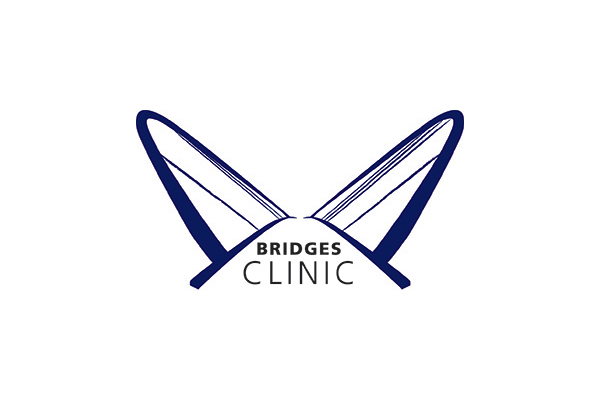Sometimes referred to as trochanteric bursitis or iliotibial band syndrome, this is a condition that causes pain in the upper outer thigh that sometimes spreads down the outer thigh towards the knee. It can be severe and disabling. It is sometimes brought on by conditions that make the individual walk differently to normal, such as a foot injury or foot surgery. Abnormal strains are put on the legs as a result and these can sometimes cause GTPS to develop. In other cases it develops without a clear provoking cause.
Typically patients complain of being unable to lie on the affected side because this is painful. This can wake them at night causing disturbed sleep. It is often confused with pain arising from the hip joint, but in fact the pain originates outside the joint from the soft tissue bursa on the side of the hip, called the trochanteric bursa, and the band of tissue down the outside of the thigh called the iliotibial band.
Treatment
Fortunately, in a majority of cases it can be cured. Treatment options include physiotherapy, steroid injections, platelet-rich plasma (PRP) injections, low energy shock-wave therapy and in resistant cases surgery (often key-hole type surgery). In our experience a vast majority of patients can be cured without the need to resort to surgery.
Provoking factors should be addressed if possible. Appropriate physiotherapy exercises can be successful in curing the problem in many people, but unfortunately it does not work in every case. Steroid injections are often performed as a next step, but we have found these to be variable in permanently curing the condition. If symptoms continue, then we tend to use low energy shock-wave therapy (SWT) or PRP injections.
SWT is particularly helpful in cases that have not responded to other measures and has the advantage of requiring no needles and being a treatment that is given in the clinic setting. It has no adverse effects and 70-80% of people with persistent symptoms are helped by this treatment. PRP is also a useful treatment. We tend to use it in the 20-30% of cases that do not respond to SWT.
